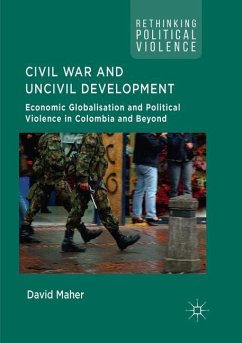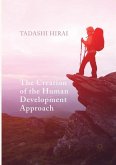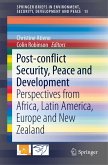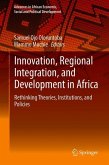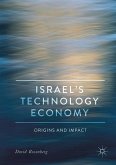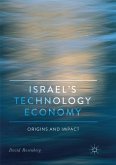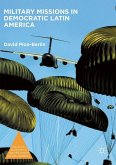This book challenges the conventional wisdom that civil war inevitably stymies economic development and that 'civil war represents development in reverse'. While some civil wars may have adverse economic effects, Civil War and Uncivil Development posits that not all conflicts have negative economic consequences and, under certain conditions, civil war violence can bolster processes of economic development. Using Colombia as a case study, this book provides evidence that violence perpetrated by key actors of the conflict - the public armed forces and paramilitaries - has facilitated economic growth and processes of economic globalisation in Colombia (namely, international trade and foreign direct investment), with profoundly negative consequences for large swathes of civilians. The analysis also discusses the 'development in reverse' logic in the context of other conflicts across the globe.
This book will be an invaluable resource for scholars, practitioners and students in the fields of security and development, civil war studies, peace studies, the political economy of conflict and international relations.
This book will be an invaluable resource for scholars, practitioners and students in the fields of security and development, civil war studies, peace studies, the political economy of conflict and international relations.
"The book speaks to students, scholars, practitioners and human rights activists interested in the relationship between political violence, development and globalization. ... Scholars and students of civil war will find the book a theoretically sound and empirically rich source as it advances knowledge on a particularly relevant yet overlooked area in civil war studies through the lenses of critical theory and historical materialism." (Ervjola Selenica, Interdisciplinary Political Studies, Vol. 5 (1), 2019)

